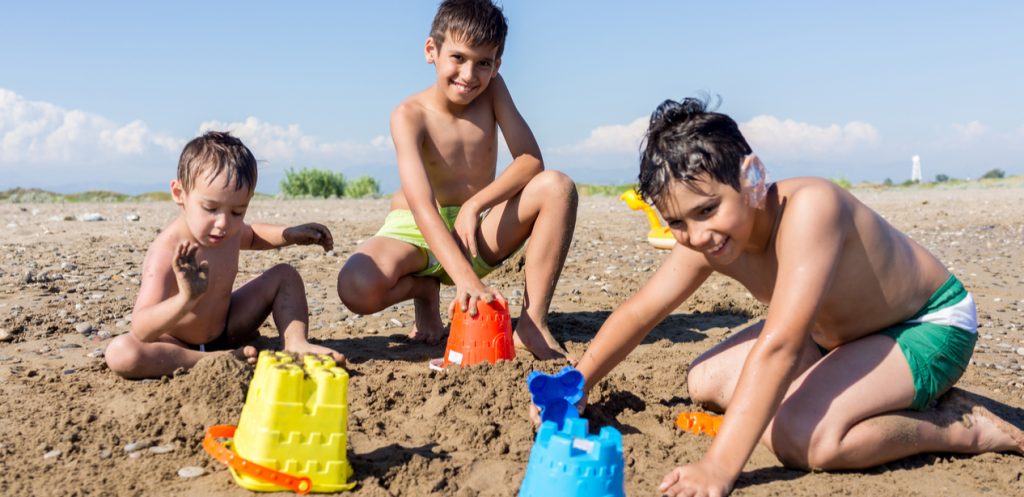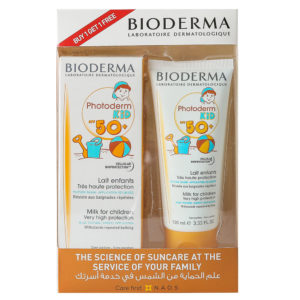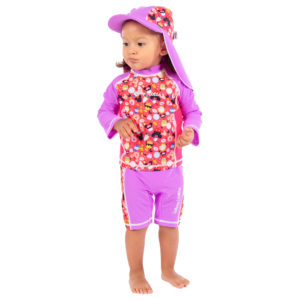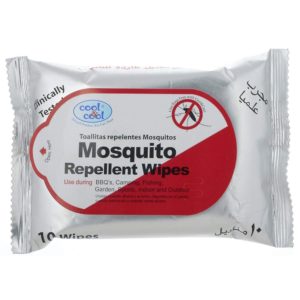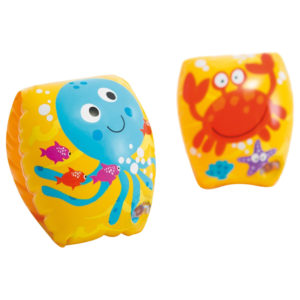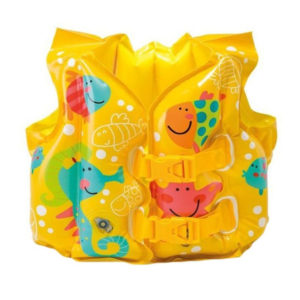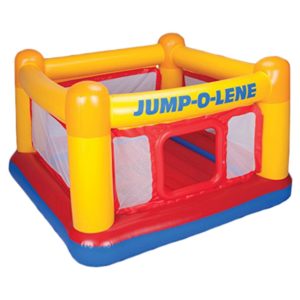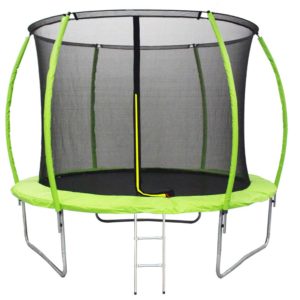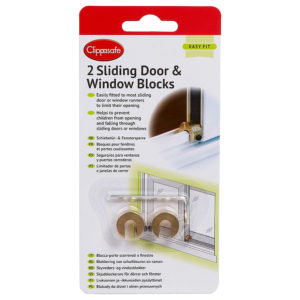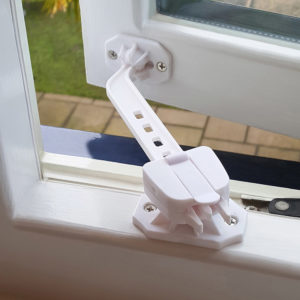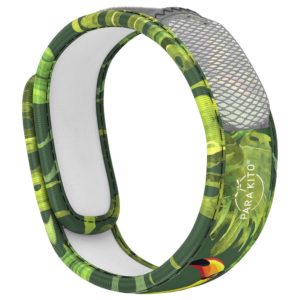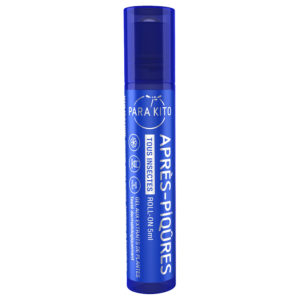As the weather warms up in UAE, it’s important to know how to protect children from the usual summer hazards. Like sunburn, camping stoves, wasp stings. But to be aware of specific heat dangers too. The main risks during a heatwave are dehydration, overheating, heat exhaustion and heatstroke.
1. Stay hydrated
Babies and infants are more vulnerable to dehydration because they have a low body weight and are sensitive to even small amounts of fluid loss. Encourage children to drink plenty of fluids, even if they don’t think they’re thirsty, and carry bottles of water when you head outside.
2. Don’t leave kids in cars
Never leave children in a closed parked car, especially during day hours in the UAE. Temperatures can reach lethal levels because the car acts like a greenhouse trapping the heat inside. Also, if you are going on long drives, get car shades to protect your little one along the road.
3. Be aware of heat exhaustion
Children are more vulnerable to heat-related health conditions as they absorb heat much faster than adults and their bodies aren’t as efficient at expelling it. Heat exhaustion happens when the temperature inside the body rises to anything between the normal 37°C (98.6°F) up to 40°C (104°F). At this temperature water and salt levels in the body begin to fall, which can cause the sufferer to feel sick, faint and sweat heavily. To treat, take the child to a cool place, give them water to drink and remove any excess clothing. They should begin to feel better within half an hour.
4. Avoid heatstroke
Heatstroke is far more serious than heat exhaustion. It means the core temperature has risen above 40°C (104°F) which will cause cells within the body to break down and important parts of the body to stop working. When it happens the body can no longer cool itself and medical assistance is necessary.
Heatstroke symptoms include:
- – Having a temperature of 39.4° C or higher
- – Lack of sweating
- – Hot, red, dry skin
- – Rapid heart rate
- – Lethargy
- – Dizziness
- – Headaches
- – Vomiting
- – Shallow breathing
- – Unconsciousness
5. Think about holiday accommodation hazards
You’ve managed to child-proof your home, the kids have internalized the safety rules – and then you go on holiday and find yourself back at square one.
Most holiday accidents happen on the first or last day, so when you arrive don’t let the children go off and explore until you’ve had a look around and sussed out potential hazards. Although most family resorts in the UAE are childproofed. We suggest that you pay special attention to any balconies – move any furniture away from the railings so children aren’t tempted to climb, and check little ones can’t squeeze through the bars.
Glass doors are another hazard as the glass can be impossible to see in bright light. In many countries, there is no requirement for a glass door to be constructed from safety glass, so it might break more easily than you’d expect or shatter into sharp pieces.
Since 2000, at least 30 children from the UAE under the age of 10 have drowned in swimming pools abroad. Don’t take it for granted that there will be a lifeguard on duty and don’t assume they’ll be as observant as you’d like. Stay vigilant right up until the end of the holiday.
6. Stop sunburn
We’re all aware of the dangers of sun exposure, yet sunburn happens so quickly and often so innocuously you often don’t realise until it’s too late. There are three basic rules for protecting your children from sun damage.
- Limit their sun exposure during the hottest hours of the day, i.e. 10am-4pm.
- Apply sunscreen liberally 30 minutes before going out (don’t be fooled by cloudy skies) and reapply regularly.
- Dress children in T-shirts instead of strappy vests, stick baseball caps on heads and use suntan lotion on the back of their necks.
7. Prevent ticks
Ticks sit in tall grass waiting for ‘hosts’ to pass by so they can hitch a lift. Once aboard they settle in a warm, moist, dark place (like a crotch or armpit), then feed on the host’s blood.
The best cure is prevention, so if you’re going on country walks or hikes, encourage your children to walk along the centre of any trails. Dress them in closed-toed shoes and light-weight, long-sleeved tops and trousers. Tuck trousers into socks to prevent ticks getting inside.
Ticks show up better on light-coloured clothing, so dress accordingly and have a good check when you stop for the day. In most cases ticks will leave of their own accord, or the host will dislodge it. But, occasionally, ticks carry the bacteria that causes Lyme disease. If your child develops a rash around the bite or flu-like symptoms, seek medical advice.
8. Be cautious when swimming (or near water)
You can’t be too vigilant when supervising young children in water because they drown quietly, quickly and in as little as 2cm of water. For more information.
If you have a paddling pool, tip the water out when children have finished playing and leave it face down in case of rain.
If you’re heading to the beach, check conditions and beach notices before letting children take inflatables into the sea, as it’s easy for them to be blown out to sea. Make sure they have personal flotation devices, and never be more than a pace away from non-swimmers.
Remember, older children can also overestimate what they can handle. Encourage them to swim in supervised places, such as swimming pools and remind them that though ponds, lakes or rivers can seem safe, strong currents, deep water and objects hidden beneath the water can challenge even the strongest swimmer.
9. Take care on trampolines
Back garden trampolines have surged in popularity over the last decade – and so have related injuries.
RoSPA (Royal Society for the Prevention of Accidents) says:
- Ensure only one child uses the trampoline at a time.
- Cover exposed metal work with padding.
- Discourage somersaults or any complex manoeuvres.
- If possible, dig the trampoline into a pit at ground level.
10. Prevent food poisoning
Of the 800,000 food poisoning cases that happen every year in the UK, nearly half involve bugs such as salmonella and happen between June and September, i.e. picnic and barbecue season.
- The bacteria that cause food poisoning thrive at moderate temperatures, so it’s vital when eating al fresco that you keep hot food hot and cold food cold.
- When heading out, don’t take the cool foods (meat and poultry etc) out of the fridge until the last minute, then use a cool bag to keep them cool.
- Wash fruit and salad vegetables thoroughly before you set off.
- Put any raw food for barbecues in separate bags or foil and pack away from ready-to-eat food.
- Once at your picnic spot, keep the cooler in the shade and the lid closed. Pack antiseptic hand wipes or hand gel so children can clean their hands before eating. It’s often easier to transport a meal cold, then cook it or reheat it at the picnic site.
- Don’t partially cook meat for a barbecue later. This allows bacteria to multiply to a point subsequent cooking won’t destroy.
11. Take care with open windows
When it’s sweltering, we want to throw open every window in the house. Sadly, 10 children a year die after falling from windows and balconies. To reduce the danger, only open windows that children can’t reach, or fit window locks or safety catches. Don’t put anything under a window that can be climbed on.
If windows are locked, ensure keys are easy to locate in case of fire.
12. Stay safe around camping stoves
Camping stoves are convenient and easy to operate but also require a degree of care. If possible, set up the stove in an elevated position to avoid children tripping on it or flipping it over. If not, position the stove on a flat and stable surface so it’s harder to accidentally tip over.
Refill stoves outside away from any flames or heat sources, and store the canisters away from curious children.
You need good ventilation when using a cooking stove so never use it in a tent or enclosed location. Never leave a lit stove unattended.
13. Be responsible with lawn mowers
Every year, 110,000 children require hospital treatment after accidents in the garden, and lawn mowers are responsible for lots of garden-related injuries.
- Ensure children are indoors or at a safe distance when you’re mowing.
- Clear the mowing area of obstacles such as twigs, stones and toys, as they can be picked up and thrown by the mower blades.
- Only use your electric mower with an RCD (residual current device) to prevent electric shocks. The RCD cuts out the flow of electricity when a cable or flex is cut through.
- Never carry out maintenance while the mower is plugged in and never use it in wet weather.
14. Treat insect bites and stings
When spending time outdoors, it is a good idea to keep skin covered and use an insect repellent. Remember, insect stings are not harmful unless a child has an allergic reaction.
Bites from mosquitoes and midges are the most common. As hard as it is, try to stop children from scratching the area as this can lead to infection and will need further treatment.
Wasp and bee stings may be more painful. Encourage your children to remain calm and still when wasps and bees are buzzing around, as the insects sting when panicked. To treat stings, the NHS advises you remove the sting by scraping it out with a fingernail or bank card and then bathe the affected area with soap and water, and cover it with a cold flannel.
To ease irritation, cover the site with an ice pack (frozen peas) and spread an antihistamine cream or spray on the area to prevent itching and swelling. If the bite or sting is particularly painful or swollen give them a painkiller (children under 16 shouldn’t be given aspirin).


